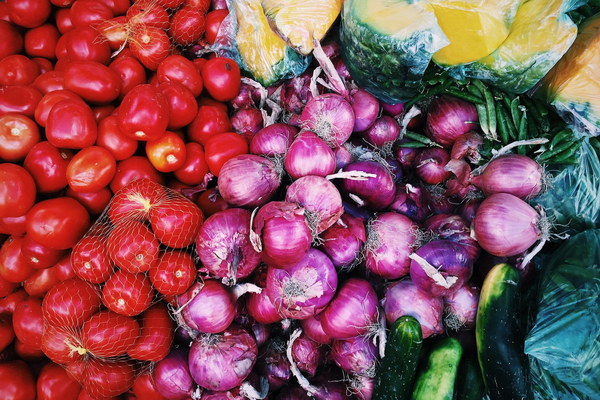The Best Honey for Childrens Spleen and Stomach Health Which Variety Should You Choose
Introduction:
In today's fast-paced world, maintaining good health is essential for both children and adults. One vital aspect of health is the care of the spleen and stomach, which are crucial for digestion and overall well-being. Honey has long been considered a natural remedy for various health issues, including spleen and stomach problems. This article will discuss the best honey variety for children's spleen and stomach health and provide valuable insights into selecting the right product.
1. Importance of Spleen and Stomach Health in Children:
The spleen and stomach play a vital role in digestion, absorption, and transportation of nutrients in the body. In children, a healthy spleen and stomach contribute to proper growth, development, and overall well-being. However, due to their developing immune systems and exposure to various pathogens, children are more susceptible to spleen and stomach issues such as indigestion, diarrhea, and constipation.
2. Benefits of Honey for Spleen and Stomach Health:
Honey has been used for centuries as a natural remedy for various health issues, including spleen and stomach problems. Here are some benefits of honey for children's spleen and stomach health:
a. Antioxidant Properties: Honey contains high levels of antioxidants, which help combat free radicals and reduce inflammation in the body.
b. Antibacterial and Antifungal Properties: Honey has natural antibacterial and antifungal properties that can help prevent and treat gastrointestinal infections.
c. Soothing Effects: Honey has a soothing effect on the lining of the digestive tract, reducing irritation and promoting healing.

d. Promotes Digestion: Honey aids in the digestion process by stimulating the production of digestive enzymes.
3. The Best Honey Variety for Children's Spleen and Stomach Health:
When choosing honey for children's spleen and stomach health, it's essential to consider the following factors:
a. Raw Honey: Raw honey contains all the natural enzymes, antioxidants, and beneficial properties of honey. It's preferable to opt for raw honey over processed honey.
b. Local Honey: Local honey is produced by bees from local plants and flowers. It can help children build immunity to local allergens and may be more effective in treating spleen and stomach issues.
c. Dark Honey: Darker honey varieties, such as manuka honey, have higher levels of antioxidants, antibacterial properties, and nutritional benefits. They are more effective in treating spleen and stomach problems.
d. Low-Polyphenol Honey: High-polyphenol honey can cause stomach discomfort in some children. Opting for low-polyphenol honey can be a safer choice.
4. How to Incorporate Honey into Your Child's Diet:
To ensure your child receives the maximum benefits from honey, consider the following tips:
a. Start with Small Amounts: Begin by introducing small amounts of honey into your child's diet to avoid any potential allergic reactions.
b. Mix with Warm Water or Milk: Combine honey with warm water or milk to create a soothing drink that can help alleviate spleen and stomach issues.
c. Use as a Natural Sweetener: Replace refined sugars with honey as a natural sweetener in recipes and snacks.
Conclusion:
Choosing the right honey variety for your child's spleen and stomach health can significantly impact their overall well-being. By selecting raw, local, dark honey with low polyphenol content, you can provide your child with the natural benefits of honey while addressing their digestive concerns. Always consult with a healthcare professional before introducing honey into your child's diet, especially if they have any pre-existing health conditions or allergies.









